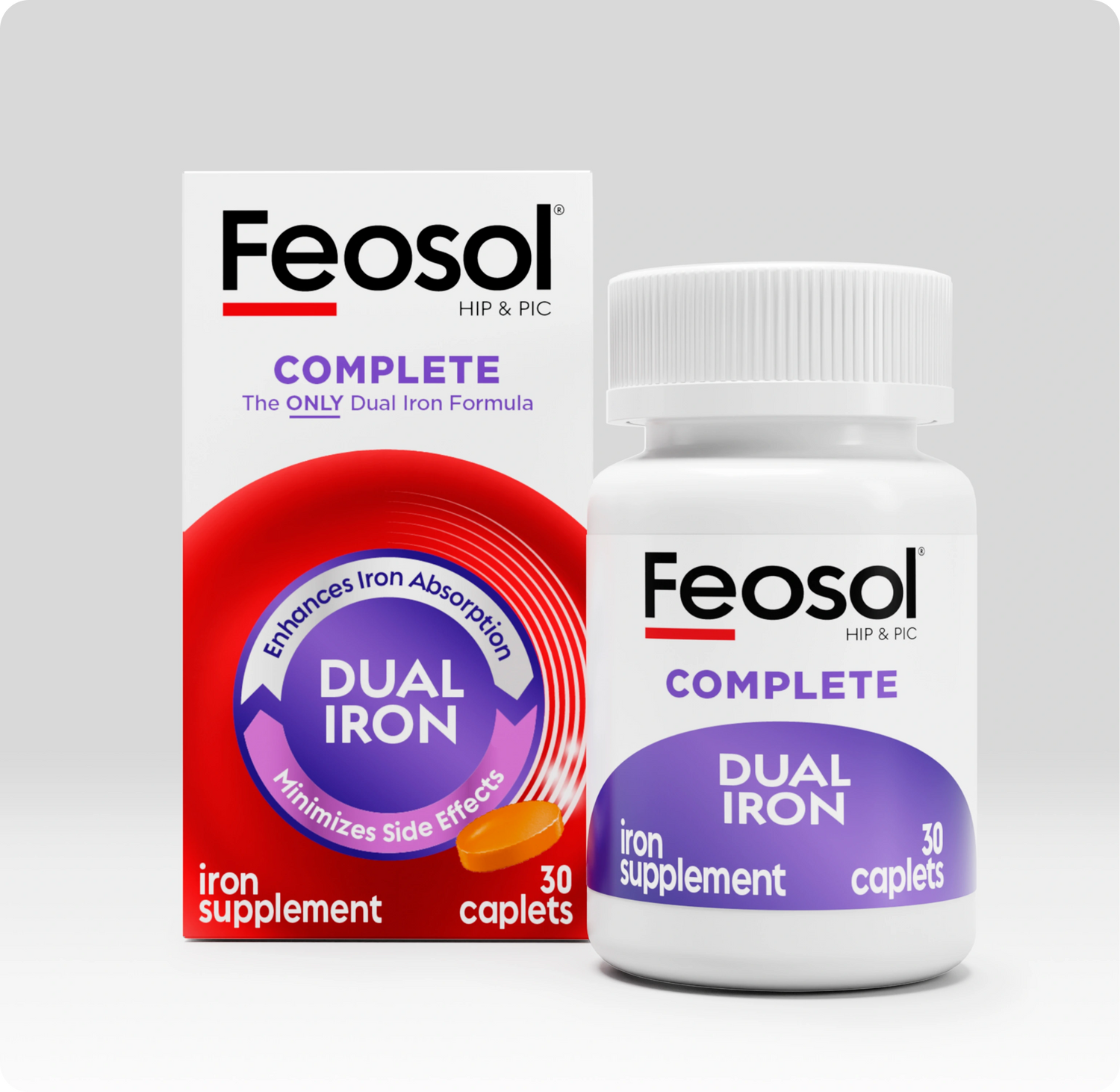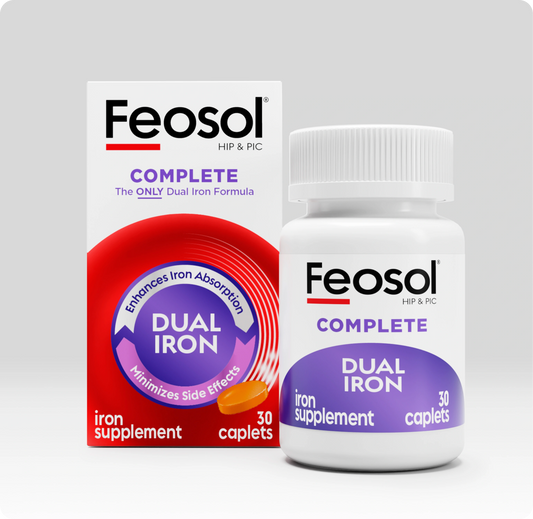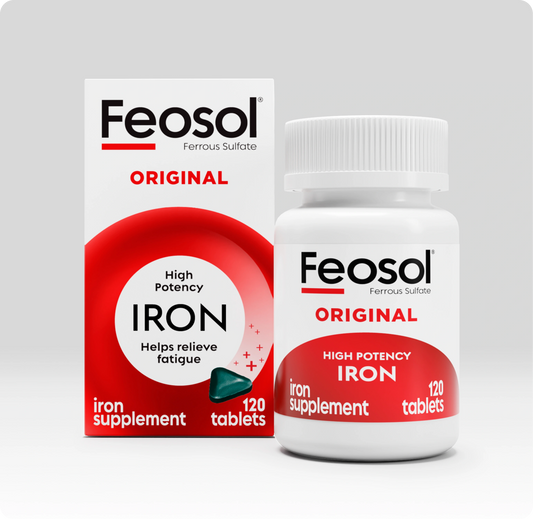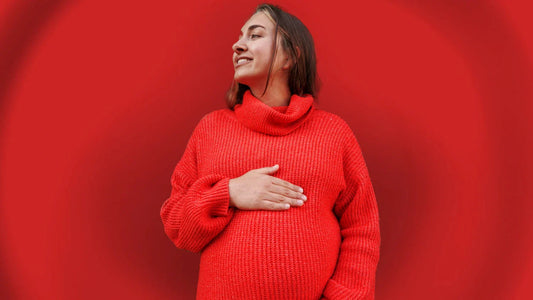The mineral iron, found in a variety of foods, is important for good health. Though mature adults generally consume enough iron in their diet to meet the Recommended Dietary Allowances for iron, there are other factors that may contribute to iron deficiency anemia in this population.
Why do seniors need iron?
Every person needs iron throughout the stages of our lives to make hemoglobin, a protein that carries oxygen to tissues in the body. Iron also plays a role as a part of other proteins within the body.
Though we store some iron in our body, a low dietary iron intake over time can lead to iron deficiency anemia. Symptoms of iron deficiency anemia include feeling tired, weak and cold, decreased energy levels, shortness of breath, irritability, dizziness, impaired immune system functioning and slowed mental functioning.
In addition to the typical symptoms associated with iron deficiency, the elderly may also experience more severe complications from anemia including decreases in strength and an increased risk for falls.
Factors that Increase the Risk of Iron Deficiency Anemia with Age
Though aging itself doesn’t increase iron needs, and in fact we need less iron after the age of 50, certain factors may increase the risk of developing iron deficiency with age:
- Low intake of vitamin C-rich foods including oranges and other citrus fruit, red and green peppers, broccoli, potatoes, cabbage and cauliflower.
- High intake of calcium.
- Low intake of heme iron (the kind that is absorbed better and found in animal foods including meat, poultry and fish).
- Certain chronic diseases and other conditions can affect iron status.
Though some research suggests that the elderly have a low prevalence of iron deficiency, it is still important to be aware of the signs and symptoms of low iron.
The most common cause of iron deficiency in the eldery is blood loss in the stomach and intestines. Polyps, cancer of the stomach and or colon, peptic ulcer, hiatal hernia, hemorrhoids, diverticulosis, non-steroidal, anti-inflammatory drugs such as aspirin (which is sometimes prescribed to those with cardiovascular disease) and frequent blood drawings can all contribute to iron losses in seniors.
Iron is important for seniors. If you feel like you have some of the symptoms of iron deficiency anemia, talk to your physician.
Mild iron depletion, without anemia, may lead to noticeable symptoms. However, it is important to discuss any health concerns with your physician prior to taking dietary supplements or making changes to your diet.
-
Johnson MA, Fischer JG, Bowman BA, Gunter EW. Iron nutriture in elderly individuals. FASEB J 1994;8:609-21.
Iron in Diet. Medline Plus, NIH. Retrieved from: http://www.nlm.nih.gov/medlineplus/ency/article/002422.htm March 8, 2012.
Hennekens CH, Dyken ML, Fuster V. Aspirin as a therapeutic agent in cardiovascular disease. Circulation 1997;96:2751-2753. Retrieved from: http://circ.ahajournals.org/content/96/8/2751.full March 8, 2012.
Fleming DJ, Jacques PF, Tucker KL, et al. Iron status of the free-living, elderly Framingham Heart Study cohort: an iron-replete population with a high prevalence of elevated iron stores. Am J Clin Nutr 2001;73:638-646. Retrieved from: http://www.ajcn.org/content/73/3/638.long March 8, 2012.
Anemia – Complications. University of Maryland Medical Center. Retrieved from: http://www.umm.edu/patiented/articles/what_symptoms_of_anemia_000057_4.htm March 8, 2012.






